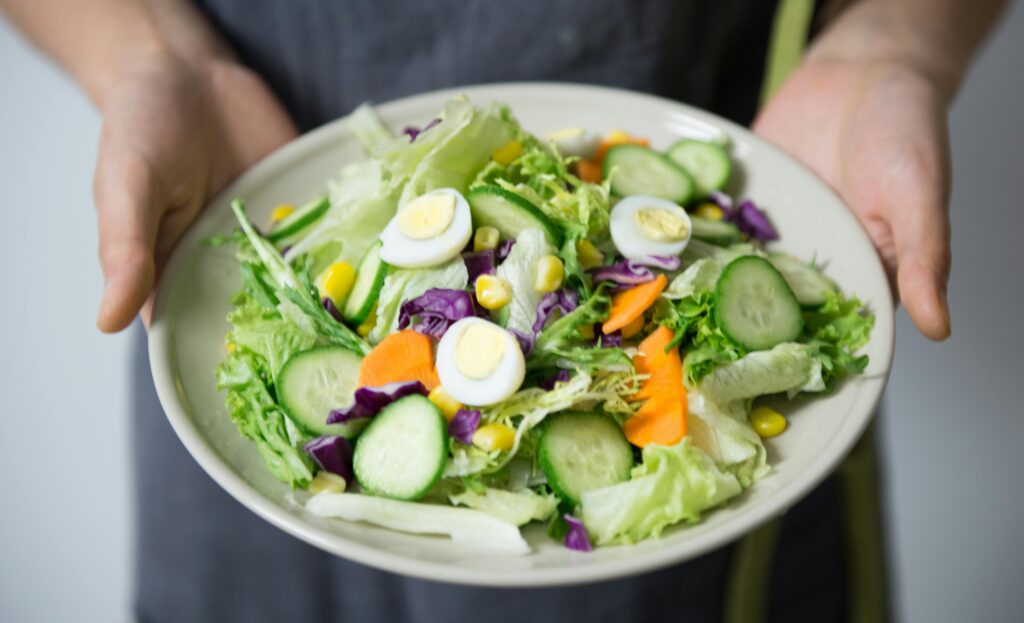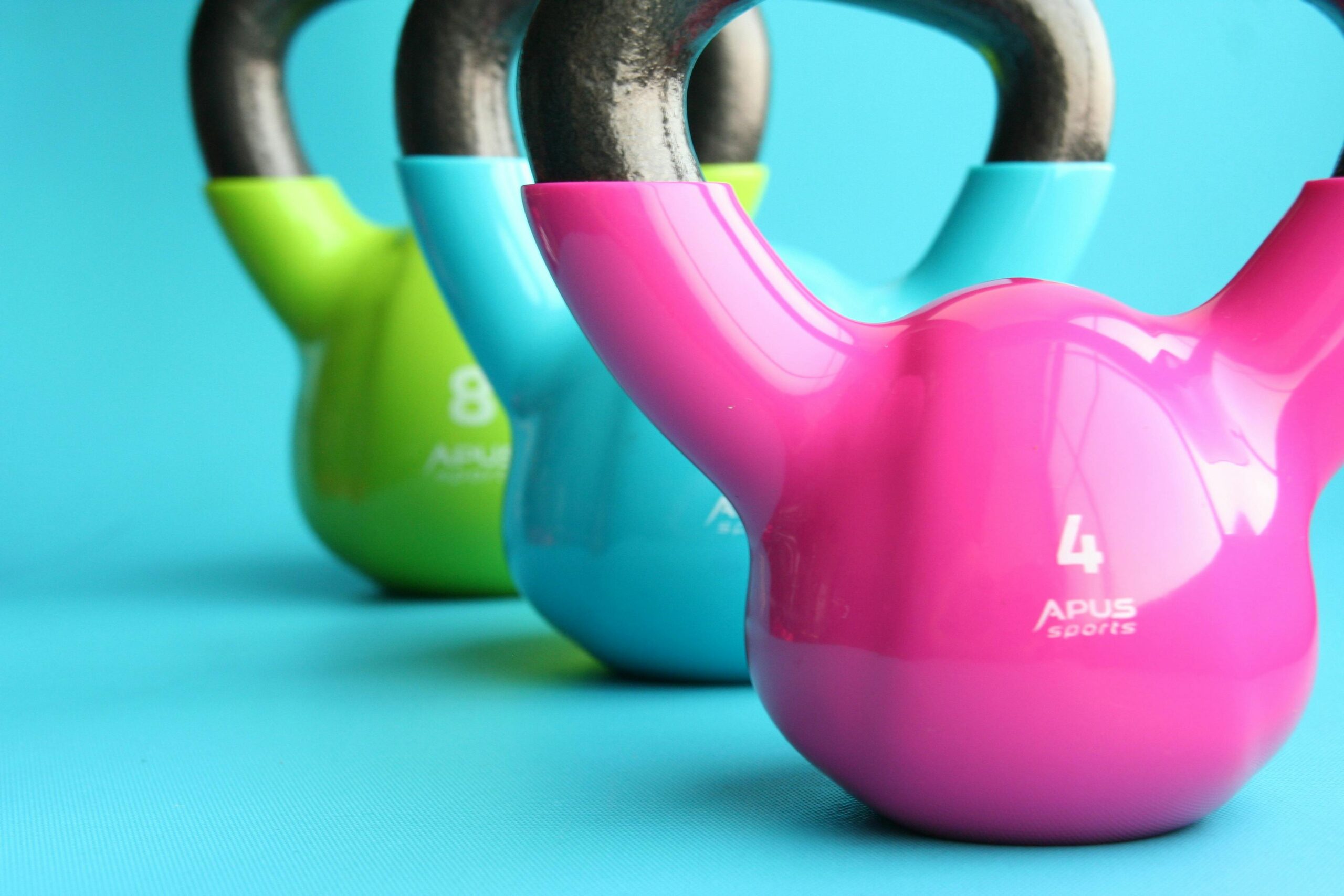Fuel your fitness with smart nutrition strategies. Discover what to eat before and after workouts to boost energy, enhance performance, and accelerate recovery.
Nutrition – Role in Workout
Nutrition is crucial not just for overall health but specifically for fueling the energy demands of a powerful workout. Understanding how to eat properly before and after exercise can enhance performance, speed up recovery, and improve overall fitness.

Essential Nutrition for Exercise
Key Components of an Exercise Diet:
Carbohydrates: As the primary energy source for high-intensity workouts, carbohydrates should make up about 45 to 65 percent of your total daily calories.
Proteins: Essential for muscle repair and growth, proteins should be tailored to body weight and activity level, with an average adult needing approximately 0.8 grams per kilogram of body weight.
Fats: While fats are secondary to carbs as an energy source during aerobic activities, they are vital for long-term endurance and overall health.
Timing Your Meals for Optimal Performance
What to Eat and When:
Pre-Workout: A combination of carbohydrates and protein prior to exercise can help maintain energy levels and prevent muscle damage. Ideal foods include bananas for a quick energy boost and oatmeal or whole-grain bread paired with protein sources like yogurt or eggs.
Post-Workout: After exercising, your focus should shift to recovery. Opt for meals that combine protein for muscle repair with carbohydrates to replenish energy stores. A smoothie with fruit and protein powder or a chicken and quinoa salad are excellent choices.


The Importance of Hydration
Staying hydrated is as important of nutrition as food intake. Water supports every metabolic function and nutrient transfer in the body and is crucial to performance and recovery. Aim to drink water before, during, and after exercise to avoid dehydration, especially in high-intensity or long-duration workouts.
Balanced Diets for Weight Management
Caloric Intake and Weight Loss:
If weight loss is your goal, creating a calorie deficit by consuming fewer calories than you burn is effective but should not compromise nutritional balance or energy levels. For most women, 1,200 to 1,500 calories per day are adequate, while men might require 1,500 to 1,800 calories.
Adjust these figures based on your activity level and consult with a healthcare provider to ensure your diet supports your fitness goals without undermining your health.
Listening to Your Body
Understanding the foods that best fuel your body can make a significant difference in your fitness routine and overall well-being. It’s important to experiment with different foods and timing to see what makes you feel most energized and ready to tackle your workouts.
Strategic Eating for Fitness Success
Mastering the art of what and when to eat in relation to physical activity can transform your fitness experience. By integrating strategic nutrition practices into your exercise routine, you can optimize your workouts, enhance recovery, and achieve your fitness goals more effectively.
Disclaimer
This article is for informational purposes only and is not intended as medical advice. Always consult with healthcare professionals before making any changes to your diet or exercise routine, especially if you have underlying health conditions.


















2 Responses